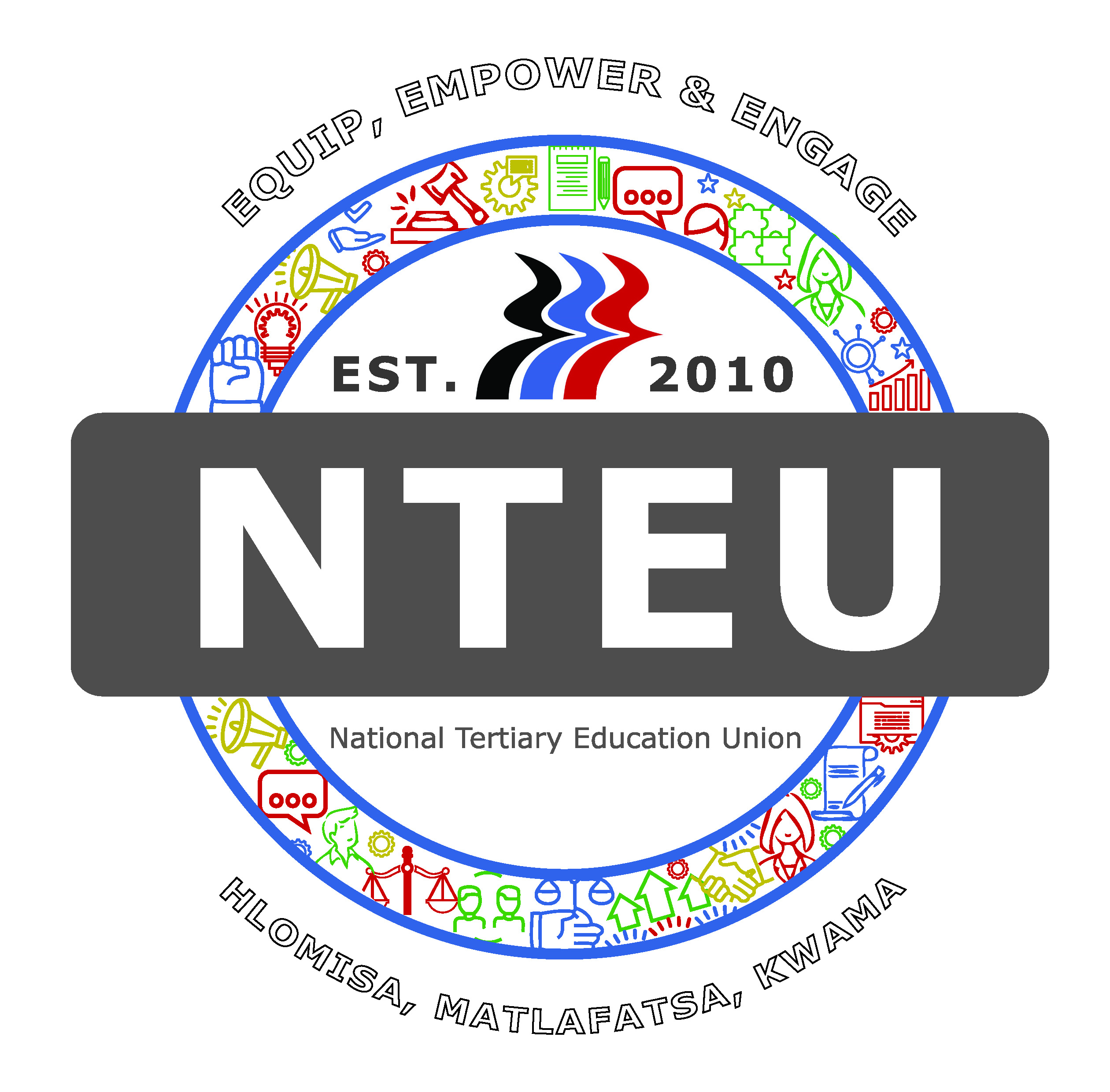

Though there are those who have been unaffected by the protests, our surveys would suggest that the majority have been left apprehensive with some voicing that they feel alienated, lost and forgotten in the process.
We are now faced with a situation where lecturers must function well beyond the realm of reasonability just to keep up. This is not limited to lecturers alone, but the effects can be felt throughout campuses by all levels of support staff. At personal expense, as well as time, staff must now look to technology and social media to cover the chasms.
Many universities still do not have clear strategies on how to respond to unprotected and violent protests and that lack of clarity has contributed to an increasingly stressful work environment. If they exist, staff are not aware of them. In many cases we find staff at the mercy of ambivalent university management. The importance of a clear strategy for ensuring staff safety cannot be stressed enough. It was whilst facing this dilemma last year that our National Executive Committee decided not to wait on management to get its house in order and our General Secretary, Grant Abbott, sent out the following to our branches and members:
“Dear Colleagues
Some of you have approach me with a dilemma you are facing where university managements are insisting that staff work despite the fact that they are unable to guarantee their safety during the current protests that are rolling out across campuses. One of the matters being raised by management is that staff deemed to be “essential services” must be on campus, even though safety cannot be ensured.
I have spoken to our National President who has advised that branch leadership has the freedom and power to assess the situation on their respective campuses and make a call to advise members to stay away if needs be. This includes the so-called essential services. “The lives of our members are more essential than the essential services they are employed to provide. Essential services cannot be provided by dead people,” said the National President.
In view of this any branch leadership who makes the decision to advise members to stay away has the full support of the NEC.”
NTEU has also expressed concern over the draining of South Africa’s intellectual capital when staff accept offers from a more welcoming international community. Who will be left to teach our children?
As the timeline for a solution continues to be pushed forward we note that distrust between students and staff, as well as among colleagues, have started to form. It would seem that few, if any, institutions have addressed the clear social and psychological impacts within the workplace. The majority of staff members have thus far communicated that they have not been offered counselling and we are not aware of any mediation being facilitated to bridge the gap in trust. Worse affected were those already struggling with anxiety disorders. Naturally, the protests and the aftermaths have only intensified their conditions. However, it is not so much the protests that present us with a problem, but rather the lack of a visible end on the horizon and the leadership vacuum that is making it unbearable for so many.
NTEU was the only trade union that operates in higher education present at the Fees Commission hearing, in September last year. Since then we have anxiously awaited the commission’s report and for guidance to a sustainable answer to an issue that impacts across generations. Even though the report has been submitted to the President, there is no clarity on when the report will be released publicly, frustrating the country even further. The report must be made public without any more delays and the work of making higher education more accessible and available must begin immediately.
Click here for News24 article, "Campus protest trauma 'the new normal'" featuring NTEU